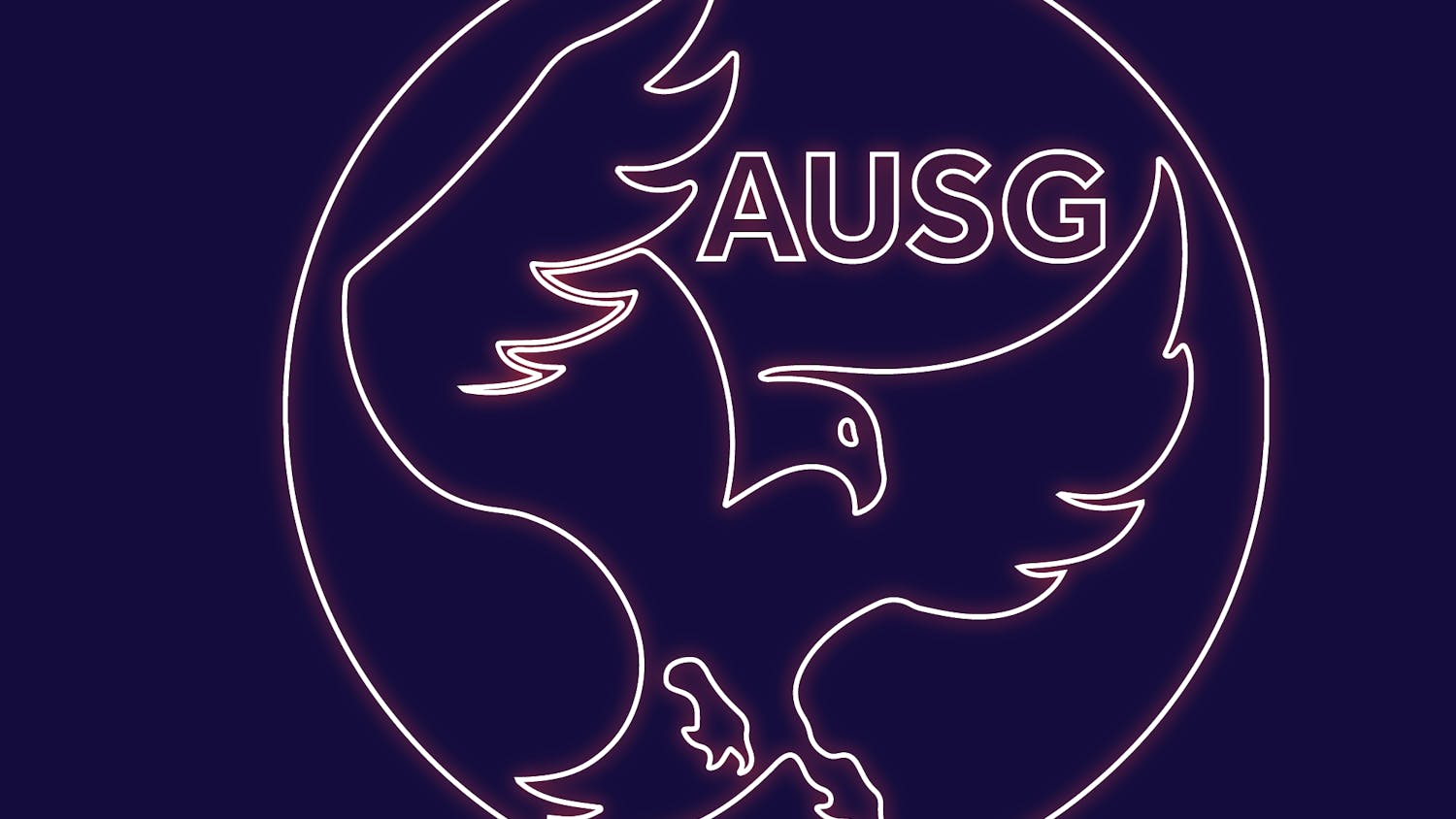Although some college campuses around the country have begun to utilize advanced electronic tools to prevent and detect different forms of cheating, AU does not presently use advanced technology to help uncover potential cheaters.
Pennsylvania State University is one of the colleges that has taken extra steps to ensure that students maintain academic honesty, setting up designated testing centers. Students will sit at a computer that has its ports and Internet access blocked and that has an individually monitored video camera, according to U.S. News and World Report.
Penn State uses the computer technology to prevent cheating, rather than to detect it, according to John Harwood, senior director of the university's Teaching and Learning with Technology program.
Some people may view such measures to be extreme, but teachers view it as a technological race against students. Cell phones, calculators and the Internet are cited as viable cheating agents, as well as items for the less technologically savvy: baseball caps with answers written on the brims, huge jackets stuffed with notes and water bottles with information printed on the labels, according to U.S. News.
Professors see it as a way of keeping up with students who have been able to get good grades by using technology rather than their brains, according to the article.
Although AU experimented with Turnitin.com in 2006, the administration decided to disregard it as a prevalent tool on campus, according to Michael Manson, the academic affairs administrator in the College of Arts and Sciences.
A pilot took place with the intentions of evaluating Turnitin.com's use as a plagiarism deterrent. However, administrators discarded the idea of making Turnitin.com a widespread campus policy for privacy reasons, intellectual property issues. The transition between Provosts Ivy Broder and Scott Bass, as well as and a lack of unity in the task force's opinion of the tool have also added to the program's lack of use, Manson said.
As of right now, each professor can decide whether to use Turnitin.com or not. Most professors use Google and Web sites like Sparknotes.com to detect cheating in students' work, said Manson. He said when a new administration has been firmly established it will reassess the issue.
Samantha Kramer, a senior in CAS, said she thinks that unless one student is causing a particular issue, methods such as Turnitin.com are not the best way to prevent cheating.
"I think what's better is to directly address the issue and also try to look at the kind of academic environment that's created for why students are choosing to cheat in the first place," she said. "[For example], if they're not giving the information out correctly, or if students are not engaged in the material."
You can reach this writer at news@theeagleonline.com.




